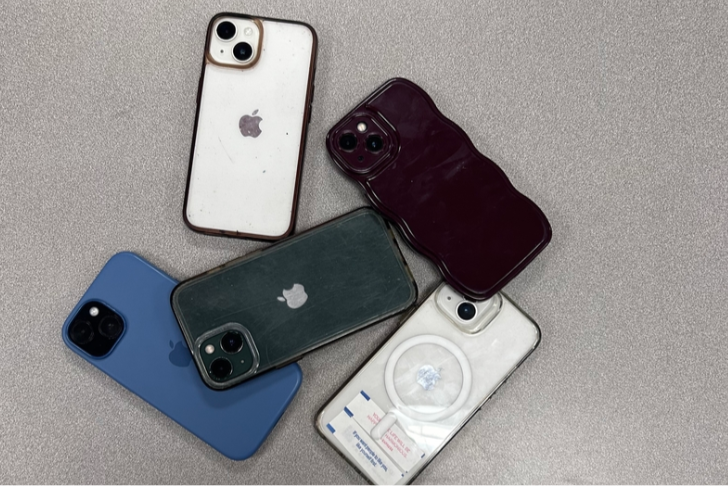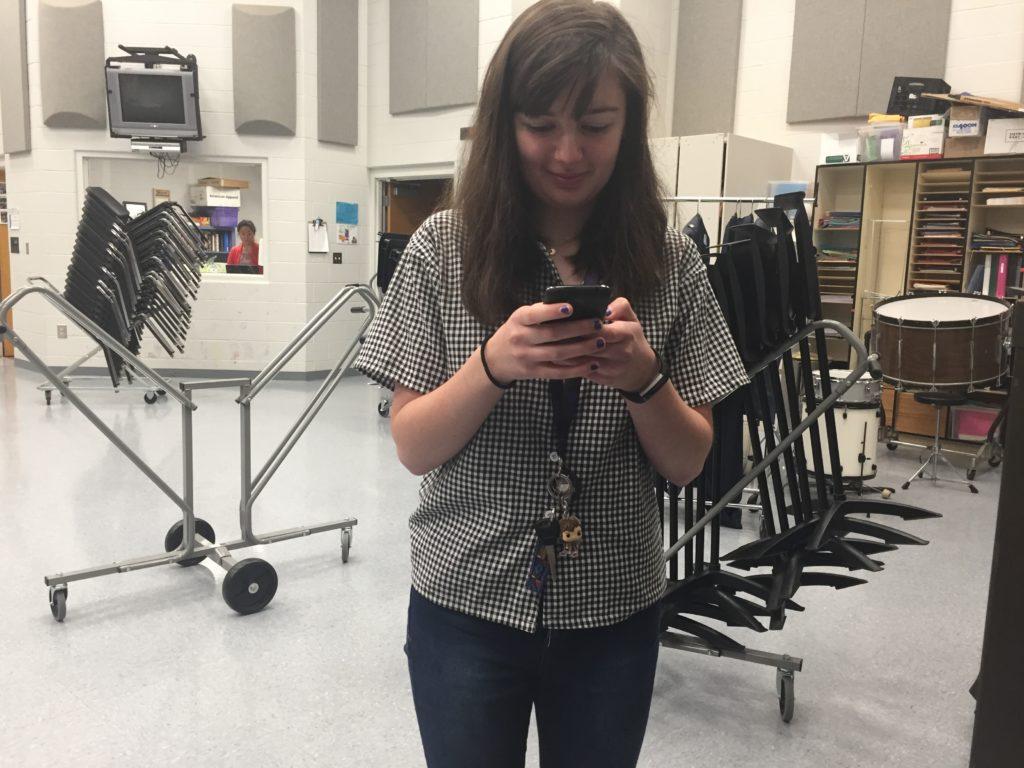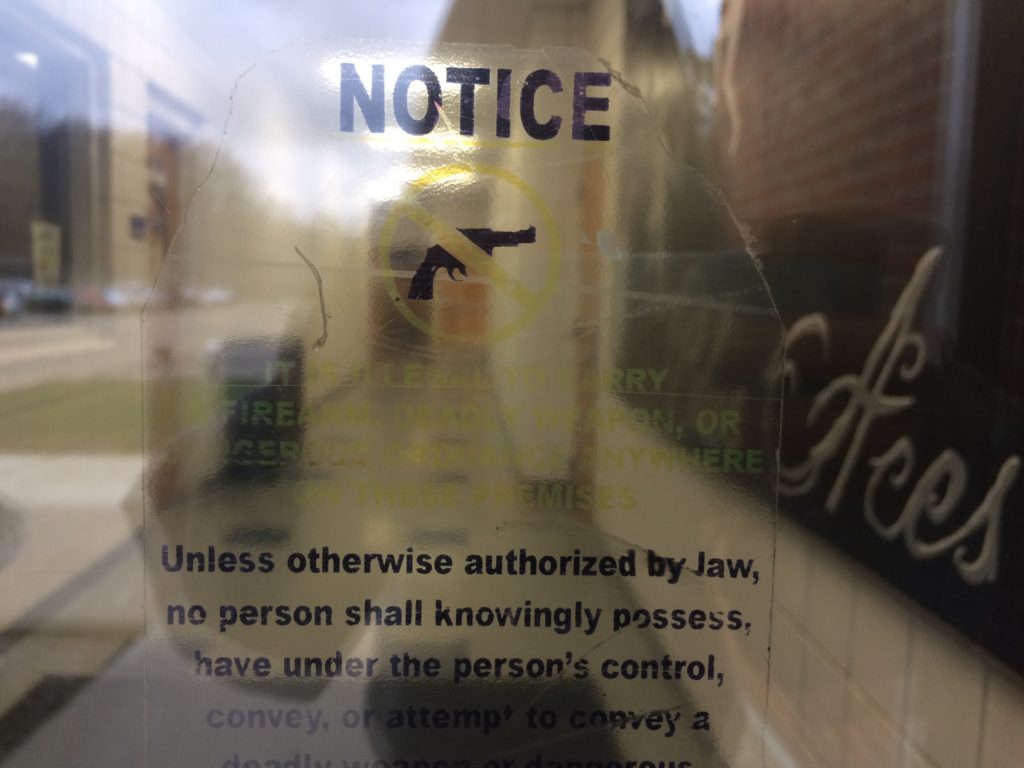BY MICAH ORGAN (‘19)
Granville Schools has implemented a new cell phone policy for the 2018-2019 school year, and the student body has varying opinions. Some students view the policy as completely unjust, while others see it as necessary and helpful for the work environment. Overall, the policy is a logical addition to the student handbook, but it unfairly punishes those who followed the rules before the creation of the policy.
According to the Student Handbook, cell phones should be out of sight in classrooms. If they are not out of sight, they will be confiscated and, depending on the number of offences the student has had, further disciplinary actions may be taken.
The policy was created partially to cut down on student distractions. Naturally, having a cell phone that can connect to the entirety of the outside world is a rather hefty distraction from classroom material. By eliminating cell phones from the equation, there are automatically fewer distractions.
Also, when classroom discussion winds down during the class period, students used to immediately turn to cell phones in years past. However, in the absence of cell phones, students have very few options in terms of what they can do to entertain themselves. The natural tendency of students now is to interact with one another so that they are not forced to acknowledge their legitimate responsibilities like homework and studying. According to principal Matt Durst, this is part of what he wanted students to do in light of the new policy.
While these are both logical plus sides to the policy, there are a few very clear problems with the policy as well. One of the main issues is study hall. Students are prohibited from using phones in study hall as well as in classrooms. Study hall is not even a classroom environment. In years past, students have been expected to use study hall as their own time, except right before exams. It has always been up to the students to choose how they wanted to use their time, whether it is to do homework, study, or do something else. Study hall was used for both academic-related and non-academic pursuits.
The removal of phones from study hall limits student choice. Study hall is more comparable to lunch than classrooms, and phones are allowed at lunch. Both study hall and lunch are non-academic environments. Taking phones out of study hall does not necessarily increase focus during study hall, but it definitely limits what kinds of things can be done.
The removal of cell phones does not automatically lead to an increase in focus. If a student is using their phone to procrastinate, and they can no longer use their phone, they can still find other ways to procrastinate. If a student is that unwilling to do work, the lack of having a cell phone will not increase their productivity.
There is no way to keep all students on task inside the classroom. Trying to do such a thing only limits opportunities for some students, and has no effect on others. Therefore, as students, we should try to stay engaged in class despite the presence of our phones. Phone usage being taken away is not motivation to stay focused, so we should keep other reasons to stay focused in mind. While the cell phone policy makes sense in theory, it is detrimental to some students. The administration needs to accept the fact that the policy will not aid student productivity. Increasing student productivity is up to the students.














































